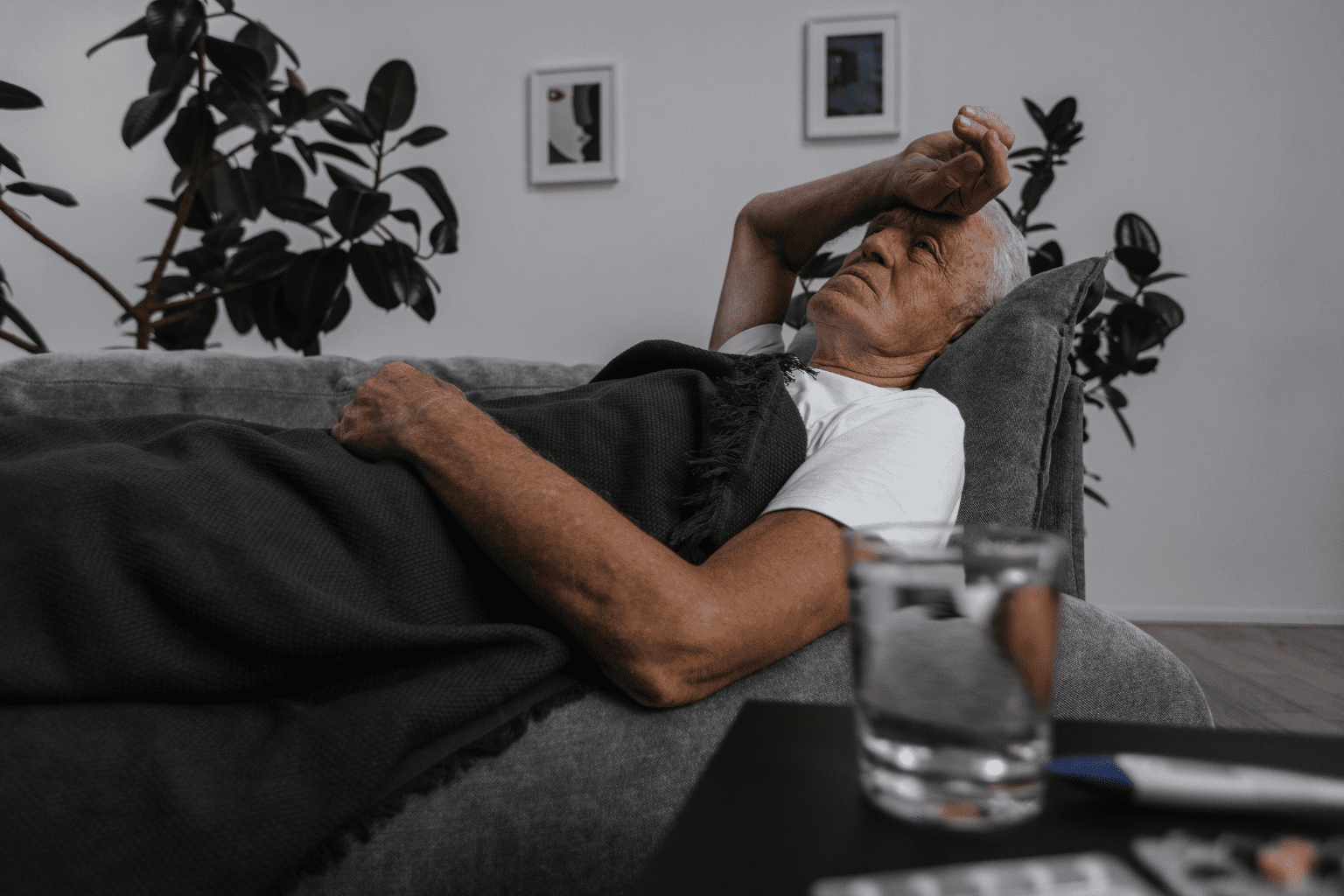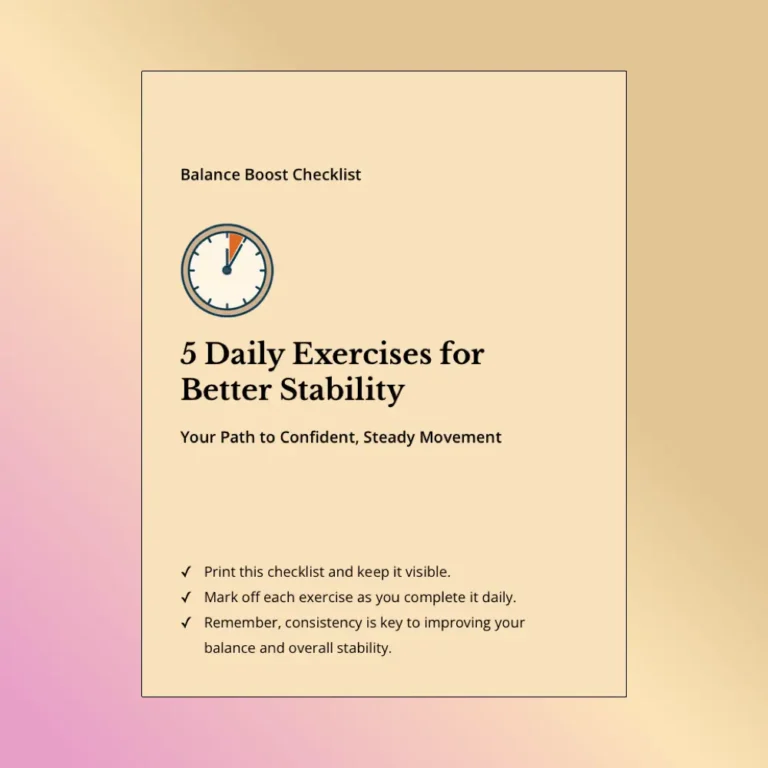
Highlights

Feeling constantly tired isn’t just an inconvenience for older adults; it can seriously impact their quality of life and independence. For many seniors, persistent tiredness and fatigue make everyday activities challenging and diminish their enjoyment of life. The good news? Simple changes to diet and daily habits can make a remarkable difference in energy levels.
Let’s explore practical ways to help seniors reclaim their vitality through smart food choices and lifestyle adjustments that actually work for addressing fatigue in the elderly.
Fatigue goes beyond just feeling tired. For seniors, it can show up as a noticeable lack of energy, decreased motivation, or mental fogginess that persists day after day. The impact can be particularly troubling for older adults since it often interferes with their ability to maintain independence and enjoy daily activities.
It’s important to recognize the difference between temporary fatigue, like what you might feel after a busy day, and chronic fatigue that lingers for weeks or months. This distinction matters because chronic fatigue syndrome often points to underlying health conditions that need attention. Fatigue in older adults is frequently misunderstood as simply a part of aging when it may indicate something that requires medical intervention.
Several factors can contribute to why older adults experience ongoing tiredness and fatigue:
Understanding what’s causing your fatigue is the first step toward finding effective solutions. Fatigue in the elderly often has multiple root causes that need to be addressed simultaneously for the best results.
What we eat directly affects how we feel. For seniors, good nutrition isn’t just about satisfying hunger—it’s about providing the right fuel for the body to function well. Research consistently shows that a balanced diet improves mood, physical stamina, and overall health.
Many older adults don’t realize how much their food choices influence their energy levels throughout the day. Small dietary changes can lead to noticeable improvements in how alert and energetic they feel. Extreme fatigue is sometimes linked to nutritional deficiencies that can be addressed through dietary improvements.
Adding certain foods to daily meals can help seniors maintain steady energy levels and combat fatigue:
B vitamins are a group of eight different nutrients that work together to convert food into energy. They’re like the spark plugs in a car’s engine—without them, the fuel (food) can’t be properly used to create energy. Vitamin B12 deficiency is a common cause of fatigue in the elderly that can lead to persistent tiredness in seniors.
Older adults often have lower levels of B vitamins, which can cause fatigue. Foods rich in these important nutrients include:
Vitamin B12 deserves special attention because it’s critical for nerve function and red blood cell production. Since absorption of B12 decreases with age, many seniors benefit from focusing on B12-rich foods or sometimes supplements (with doctor approval). A lack of vitamin B12 often causes fatigue and muscle weakness that can significantly impact daily activities.
Many people don’t realize that even mild dehydration can cause significant fatigue. For seniors, this problem is often worse because the body’s thirst signals become less noticeable with age. By the time an older adult feels tired, they may already be dehydrated.
Dehydration doesn’t just cause fatigue; it can also lead to confusion, dizziness, and increased risk of falls. Maintaining proper fluid balance is essential for preventing dehydration and is one of the simplest yet most effective ways to boost your energy.
It might seem counterintuitive, but regular physical activity actually creates energy rather than depleting it. For seniors experiencing fatigue, even light exercise can make a remarkable difference in combating fatigue.
Walking for just 15-20 minutes daily improves circulation, strengthens muscles, and releases endorphins that fight fatigue. Chair yoga exercises are perfect for seniors with mobility issues—they provide many of the same benefits without putting stress on joints. Regular physical activity is one of the most effective ways to boost energy levels and reduce fatigue in the elderly.
Poor sleep quality often lurks behind daytime fatigue in seniors. Many older adults struggle with falling asleep, staying asleep, or getting restful sleep. Restless leg syndrome is a common condition that often causes fatigue by disrupting sleep patterns.
Improving sleep quality through proper sleep hygiene starts with consistent habits:
These small adjustments can lead to more restorative sleep and higher daytime energy levels. When fatigue doesn’t improve with rest, it may be time to consult a healthcare provider about possible causes of persistent tiredness.
Ongoing stress is like having your foot on the gas pedal all day; eventually, you’ll run out of fuel. For seniors, stress from health concerns, life changes, or family matters can seriously drain energy reserves and increase fatigue levels.
Simple mindfulness practices can help:
These approaches don’t just temporarily boost energy; they help build resilience against stress over time and can significantly help reduce fatigue. Managing fatigue effectively often requires addressing both physical and emotional well-being.
Loneliness and isolation often lead to fatigue-inducing depression in older adults. Regular social interaction stimulates the mind and improves mood, which directly impacts energy levels and can help seniors who feel tired all the time.
Even small doses of social connection help:
Real-life examples show how these approaches work in practice. Take Margaret, age 78, who struggled with afternoon fatigue that prevented her from enjoying her hobbies. After adding more protein to her breakfast and joining a morning walking group three times weekly, she noticed she could garden and paint throughout the day without needing long rest periods.
Or consider Robert, 82, who found that drinking water with every meal and adding a 10-minute stretching routine before bed improved both his sleep quality and daytime alertness. His family noticed he was more engaged in conversations and needed fewer naps. Both are examples of how addressing fatigue in seniors can dramatically improve quality of life.
Some seniors find relief from tiredness and fatigue through herbal remedies. Options like ginseng, rhodiola, and ashwagandha have been used traditionally to combat fatigue and boost energy levels. However, it’s important to consult with a healthcare provider before trying any herbal supplements, as they may interact with medications or underlying medical conditions.
Herbal teas can also provide a gentle energy boost without the crash that often follows caffeine consumption. Peppermint and ginger teas are particularly known for their revitalizing properties and can help seniors feel more energized throughout the day.
While feeling tired is normal occasionally, extreme tiredness or fatigue that persists despite lifestyle changes could be a sign of underlying health issues. According to health experts, fatigue is a common symptom of many conditions that affect older adults.
Seniors should consult a healthcare provider if they:
A proper treatment plan begins with identifying what’s causing your fatigue, which may require medical testing to rule out serious conditions.
Fighting fatigue in seniors requires a comprehensive approach that addresses nutrition, hydration, physical activity, and emotional well-being. The good news is that even small changes can lead to noticeable improvements in energy and quality of life.
Start by focusing on energy-boosting foods like whole grains, lean proteins, and B-vitamin-rich options. Pay attention to hydration throughout the day. Add gentle movement whenever possible, and don’t underestimate the power of good sleep habits and social connections.
Remember that consistency matters more than perfection. Small, sustainable changes maintained over time will yield better results than dramatic short-term efforts. For many older adults, addressing fatigue is a journey that might start with feeling tired but gradually leads to renewed vitality.
Have you found particular foods or habits that help boost energy levels for yourself or an older loved one? Sharing these experiences can help others find their path to increased vitality and effectively combat fatigue.
With thoughtful attention to diet and lifestyle, seniors can reclaim their energy and enjoy fuller, more active days while managing fatigue effectively!
